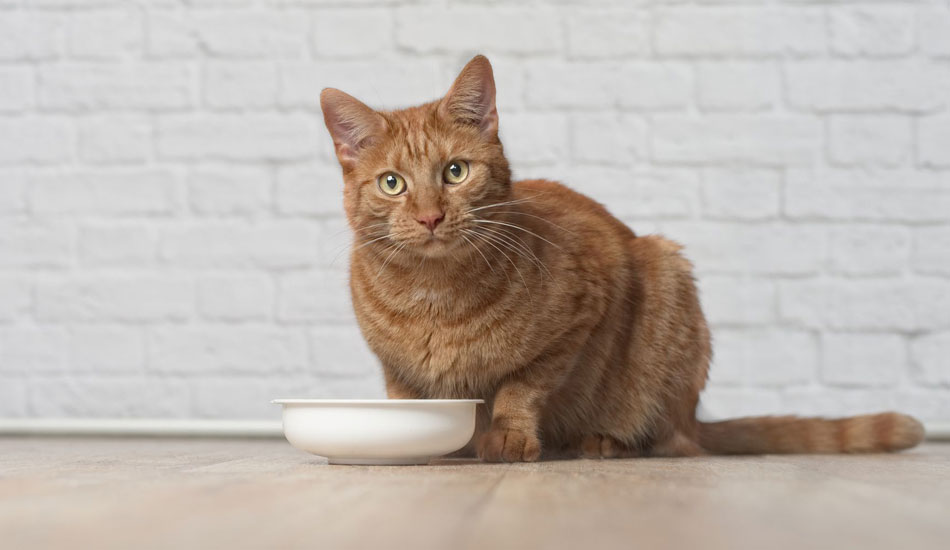
Inflammatory Bowel Disease
Inflammatory bowel disease is a very common disorder in dogs and cats. The most common clinical signs associated with this disorder are vomiting, diarrhea, weight loss, and decrease or loss of appetite. For some reason, a fair number of cats seem to just have weight loss, or weight loss and decreased appetite, which makes it a little harder to pinpoint the digestive tract as the problem.
Most of the time, a series of diagnostic tests will be run such as tests on blood, perhaps radiographs (X-rays) or an ultrasound examination of the abdomen. We may also run some specialized blood tests in some situations. Ultimately, to get a firm diagnosis, we need to get biopsy samples of the digestive tract. A biopsy is just a small piece of tissue for a pathologist to look at under the microscope. Biopsies can be taken with an endoscope, which is considered minimally invasive, or surgically. A surgical biopsy is great, but we really only do those if we have another reason for surgery.
There are several different forms of IBD, characterized by different types of inflammation. There are more severe forms of IBD that can result in a protein losing enteropathy (PLE). These disorders are more difficult to treat than more run of the mill forms of IBD. This occurs because of a lot of inflammation in the bowel, and it disrupts normal action and absorption of nutrients. Even worse, proteins in the bloodstream are leaking out into the bowel.
The cause of IBD and PLE is rarely known conclusively. While there are some breeds that are a little bit more likely to have the disorder, we have seen it in most every type of cat and dog. The disease probably is due to a combination factors such as genetic susceptibility, immune system function, foods that are eaten, and the environment that we live in. Unfortunately, this disease is usually treated with some form of corticosteroid medication like prednisone. We often must use additional medications as well. Over time, we try to get them on the lowest amount of medication possible to control the signs of disease. Once they are better initially, in many cases we change the diet, as we find that helps with controlling the disease long term.
In general, we tell our clients with patients with IBD, about 75% of them will do very well with treatment. If they have a PLE, the odds are not quite as good, with about 65% of them doing well. Paradoxically, the PLE cases, while more challenging, are easier to monitor long term because we can check lab values that give us an idea of how well we are controlling the disease. In IBD cases, those protein values are not as helpful in long term monitoring.
If you feel your cat or dog may have IBD, or other disorder of the digestive tract, please see your local veterinarian.
